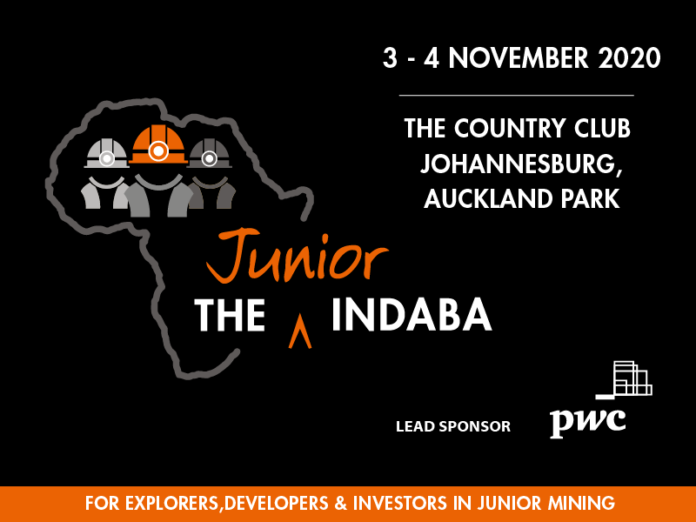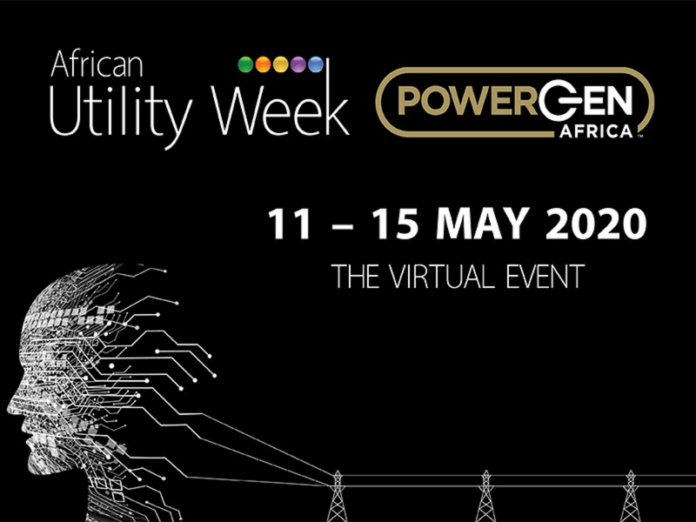By Mike Anderson: National Small Business Chamber (NSBC) Founder & CEO
It’s the state of ‘complete knowing’ that you will succeed, no matter what. Furthermore, it’s all about feeling extremely comfortable in every situation, even if the outcome is unknown. You will achieve anything you desire with empowering thoughts. Unwavering self-belief and unshakable self-confidence will ignite your fire within.
Think and behave like a winner all the time and have unwavering belief and trust in your own abilities and strengths. You have to see yourself achieving greatness before it happens and constantly visualise the life you have dreamed of until you live it.
Whatever happens during your quest for success, keep trying no matter how hard it gets. Just keep that internal fire burning – That’s the #1 secret to greatness. When the fire within seems to dim, or go out, don’t give up, keep that internal fire burning. Never stop trying. Never settle. No matter how painful it feels, just put one foot in front of the other until you get to where you want to be.
The ultimate success factor is overcoming adversity and bouncing back positively.
He who conquers himself is the mightiest warrior. It is inevitable as a business owner that at some time on our journey we will hit that “T-Junction”. This ‘life happening’ and ‘what to do now’, is not taught at Business School. At this point, most throw in the towel, but there are some, who dig deep and keep moving. This is what makes a true entrepreneur. The ultimate success factor is overcoming adversity and bouncing back positively.
Remember, that there are always positives that are borne out of every adversity.
It gives us a life wake-up call, self exposes our weaknesses and strengths, increases our willingness and the importance of doing good, strengthens our faith, strips us from pride, arrogance and self-centeredness, prepares us for a meaningful future, enables us to have empathy with others facing adversity, allows us to seize new and meaningful opportunities.
As I have learned and grown through the years, I found the key survival strategies that have allowed me to get through the tough times:
- Adversity is unavoidable. Don’t fight it, accept it. There is nothing you can do to change it. You are where you are meant to be. Everyone goes through adversity at different times in life, no one is immune to pain and adversity. Learn from the past. Don’t linger on the past or regret the past.
- Don’t assume the worst in the road ahead. Focus on the “Now”. 90% of what you assume never happens.
- Although pain is inevitable, suffering is optional. We can choose to be strong. It is not misfortune that produces suffering, but an improper reaction to it. Even under the worst circumstances, we can choose to focus on the positive rather than the negative. Be positive, exude happiness, build self-confidence, be energised and make today and tomorrow important in your life. Yesterday is gone forever.
- This could be the hardest of all, although one of the first things we must develop when faced with adversity. The key to developing patience is to know in the end everything will work out of the way it’s intended to. Surrender yourself to the fact that there is a time frame for everything. Importantly, it is just a matter of time and everything will be okay for you.
- Give yourself “space” or “freedom” to be you. Accept that many people, places, and things in your past and current life are “irrational,” “unhealthy,” and “toxic” influences in your life. Label then honestly for what they truly are and stop minimising their negative impact in your life.
- Allow for quiet time to reflect. Take some time out daily to relax your mind and humble your heart. You will find your answers in silence
- Count your blessings. Look around you. See what’s happening on the news channels. Become exposed to various charities and you will see that you are not that bad off.
Have the strength to become the victor. Clear your head and decide the path ahead. You can decide whatever you want.
 You can register for the upcoming FREE Webinar taking place on Wednesday, 29 April 2020 @ 11h30 on “How to keep that internal fire burning – It’s the state of complete knowing that you will succeed, no matter what”.
You can register for the upcoming FREE Webinar taking place on Wednesday, 29 April 2020 @ 11h30 on “How to keep that internal fire burning – It’s the state of complete knowing that you will succeed, no matter what”.
It is an interactive, inspirational real-life interview, Leanne Rhodes – Leading platform speaker and strategist digs deep into my own amazing entrepreneurial life-journey, a life filled with enormous adversity, coming back from spectacular failures and rising again.
Brought to you by:




























